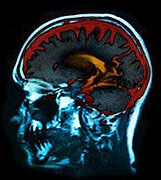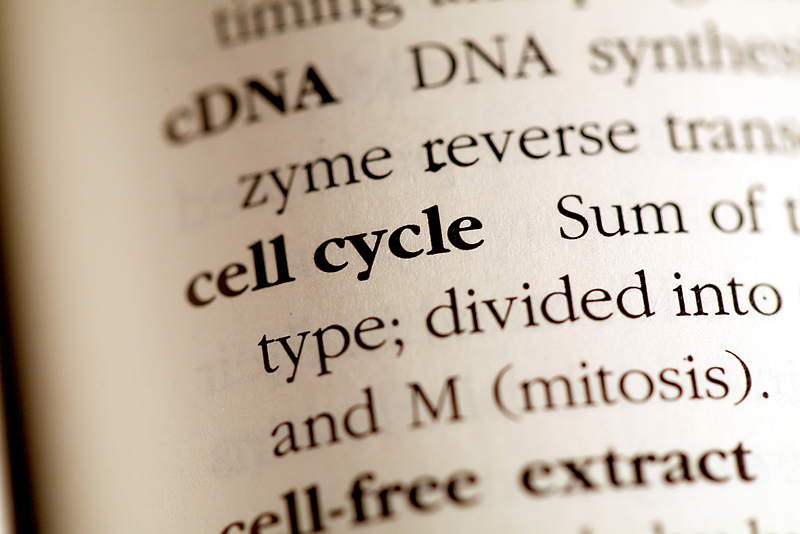
THURSDAY, Jan. 3 (HealthDay News) — Brain changes found in adults with certain gene variants linked to conditions including Alzheimer’s disease, schizophrenia and autism can also be spotted in brain scans done on newborns, a new study indicates.
Researchers from the University of North Carolina (UNC) School of Medicine said these brain changes could open new avenues for research.
“These results suggest that prenatal brain development may be a very important influence on psychiatric risk later in life,” study author Rebecca Knickmeyer, an assistant professor of psychiatry, said in a university news release. “This could stimulate an exciting new line of research focused on preventing onset of illness through very early intervention in at-risk individuals.”
The study involved 272 infants who had an MRI shortly after birth. The DNA of each infant was screened for 10 common variations in seven genes associated with certain disorders, such as schizophrenia, bipolar disorder, autism, Alzheimer’s disease, anxiety disorders and depression.
Brain changes found in adults with some risk-related genes, such as the variation in the APOE gene that is associated with Alzheimer’s disease, were very similar to the brain changes in the infants with the same variants.
Study senior author Dr. John Gilmore, a distinguished professor and vice chair for research and scientific affairs in the UNC department of psychiatry, noted that these similarities between infant brains and adult brains were not found for every variation in every gene examined.
“It’s fascinating that different variants in the same gene have such unique effects in terms of when they affect brain development,” Knickmeyer noted.
The study was published Jan. 3 in Cerebral Cortex.
More information
The U.S. National Institutes of Health has more about Alzheimer’s disease.

